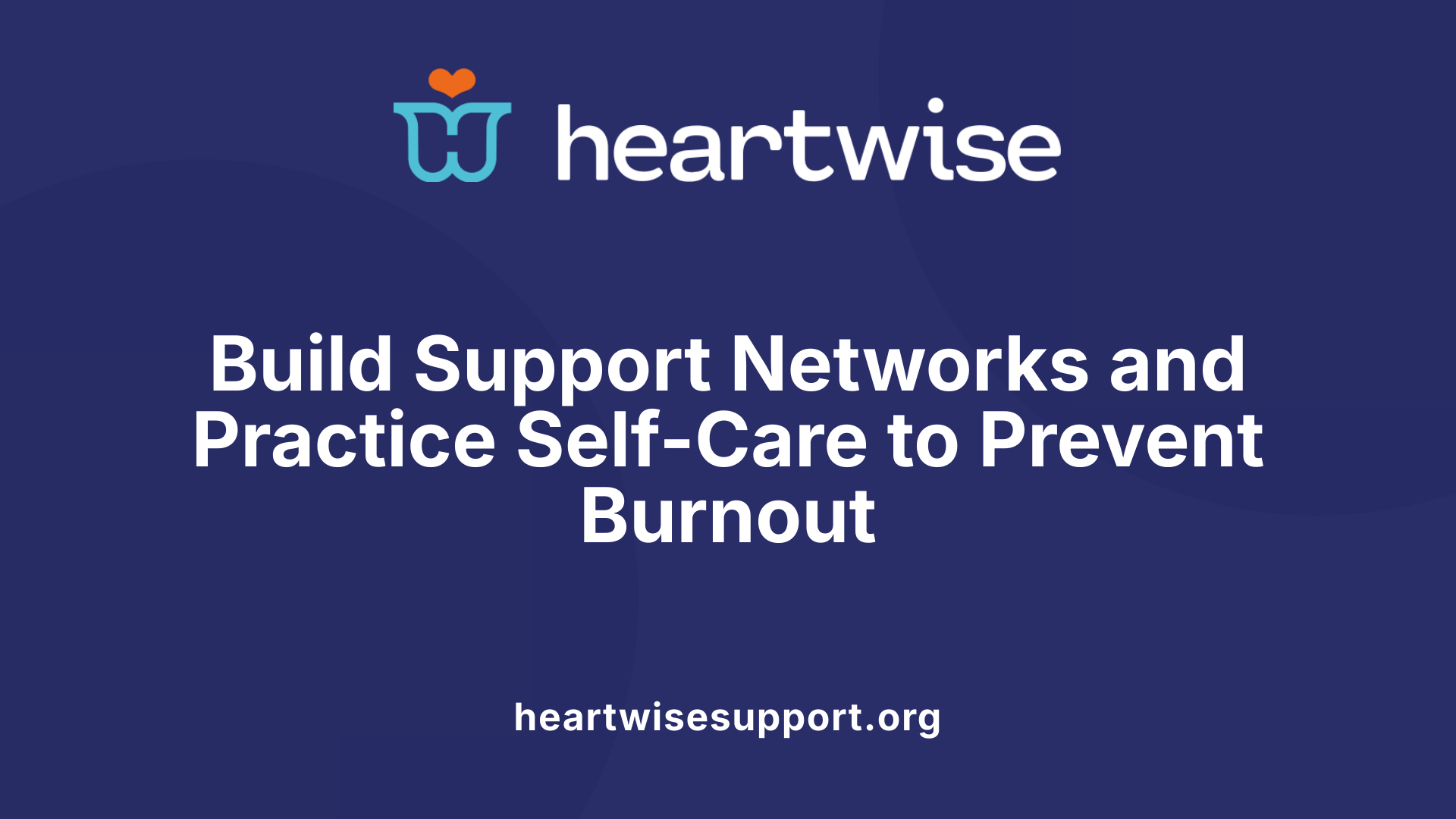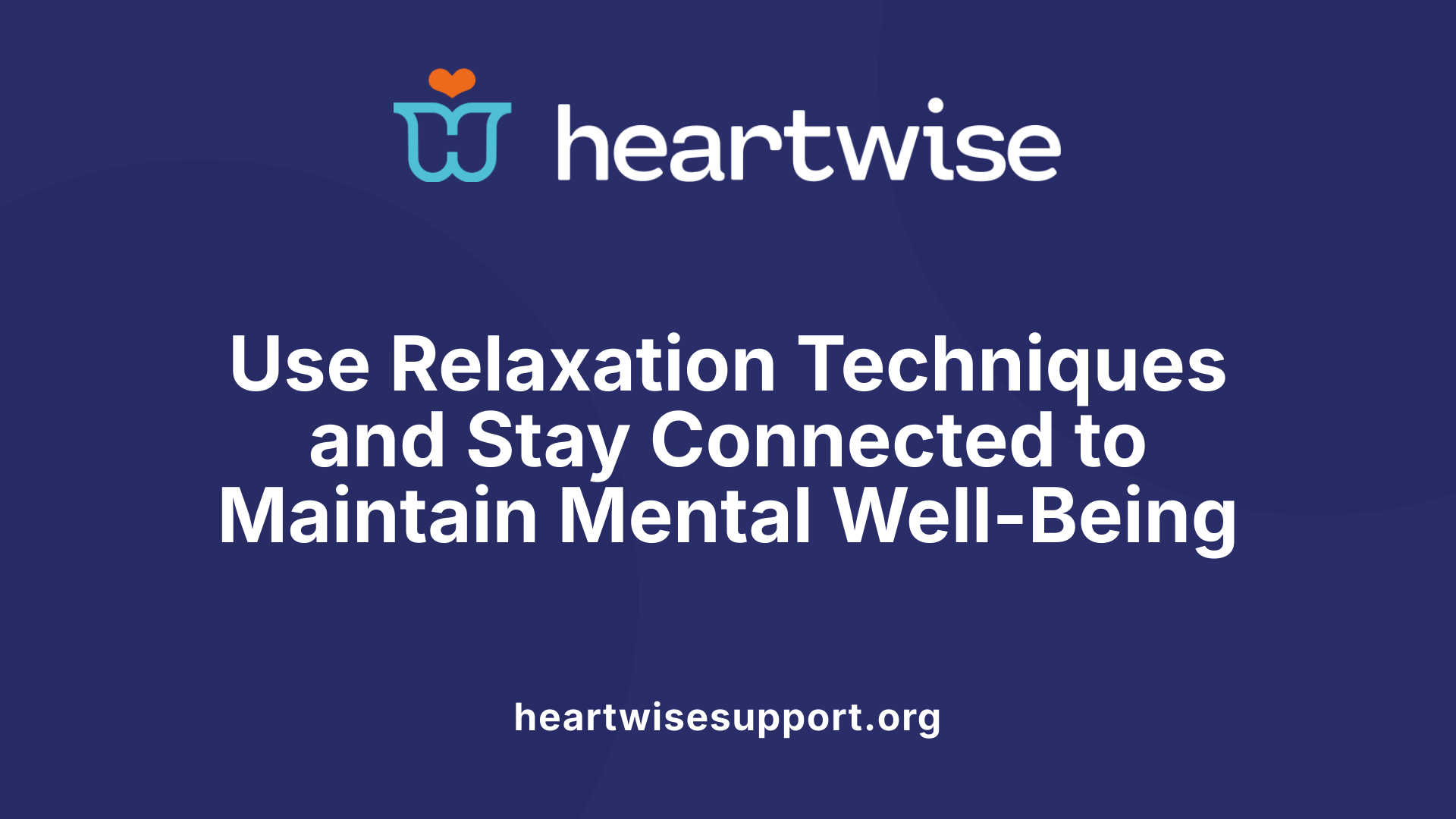The Impact of Caregiver Stress on Mental and Physical Health
Providing care for loved ones with health issues such as Alzheimer’s, dementia, or chronic illnesses can be deeply rewarding yet profoundly stressful. Prolonged caregiving can lead to emotional, mental, and physical exhaustion, often culminating in caregiver burnout. Recognizing these challenges early and implementing effective mental health strategies is vital for preserving both caregiver well-being and quality of care.
Signs and Causes of Caregiver Stress and Burnout
What are common signs and causes of caregiver stress?
Caregiver stress can manifest through various emotional, physical, and mental symptoms. Common signs include persistent exhaustion, irritability, anxiety, depression, sleep issues, headaches, and stomachaches. Caregivers may feel overwhelmed or burdened, often experiencing guilt or frustration. They might withdraw from social activities, lose interest in hobbies, or neglect personal care.
These symptoms stem from multiple factors. Continuous caregiving responsibilities can lead to role confusion and feelings of lack of control. Financial strain, high expectations, and unrecognized burnout also contribute significantly. Insufficient support or guidance from available resources can increase stress levels. Over time, stress may escalate into burnout—a state marked by hopelessness, helplessness, and declining physical and mental health, which affects both the caregiver and the care recipient.
Preventing and managing caregiver stress requires a multifaceted approach. It involves seeking emotional and practical support, engaging in regular self-care routines, setting realistic expectations, and taking advantage of community resources including respite care. Recognizing the early signs of stress and actively addressing them can help maintain physical and emotional well-being, ensuring caregivers can continue providing quality care without sacrificing their own health.
Preventing Caregiver Burnout: Practical Approaches

How can caregivers prevent burnout?
Caregivers facing ongoing responsibilities are at risk of emotional, mental, and physical exhaustion, commonly known as burnout. To prevent this, caregivers should prioritize building a strong support system by joining local or online support groups, involving family members, and reaching out to community resources for assistance.
Practicing self-care plays a vital role. Ensuring proper nutrition, engaging in regular physical activity, getting enough sleep, and practicing relaxation techniques like meditation or deep breathing can significantly boost resilience. It is also helpful to set achievable goals and organize caregiving tasks into manageable steps. This approach reduces feelings of being overwhelmed and increases a sense of accomplishment.
Respite care services, including adult day programs, short-term care facilities, or help from family and friends, offer critical breaks. These opportunities allow caregivers to take time for themselves, helping to prevent long-term stress and fatigue. Additionally, maintaining open communication with healthcare professionals and being receptive to assistance or advice when it is offered can aid in stress management.
Ultimately, integrating these strategies—social support, self-care, organization, and making use of community resources—helps caregivers preserve their well-being while providing quality care to their loved ones.
Effective Strategies and Coping Mechanisms for Caregiver Well-Being

What are effective strategies and coping mechanisms for caregiver mental health?
Caring for a loved one can be emotionally taxing, but there are several effective ways to protect and enhance mental health.
One of the most important steps is reaching out for support. Connecting with family, friends, or joining support groups provides emotional relief and reduces feelings of isolation. Community resources like respite care are invaluable, offering caregivers temporary relief to rest and recharge.
Practicing relaxation techniques can significantly lower stress. Methods such as meditation, yoga, deep breathing exercises, and mindfulness activities help calm the mind and body. Engaging in enjoyable hobbies, spending time in nature, or simply taking breaks helps recharge emotional reserves.
Setting realistic goals and priorities is crucial. Caregivers should accept help when offered, delegate tasks, and avoid overcommitting. Prioritizing self-care routines—regular sleep, nutritious diet, and physical activity—strengthens overall well-being.
Managing negative emotions is equally important. Writing about feelings, finding healthy outlets for anger or frustration, and reframing negative thoughts can promote emotional resilience. Professional support like counseling or therapy can offer tailored strategies for coping with stress, depression, or anxiety.
Seeking medical advice for mental health concerns ensures early intervention and prevents burnout.
Overall, fostering social connections, engaging in relaxation practices, and maintaining physical health are fundamental components of caregiver mental health management. Combining these approaches helps caregivers sustain their well-being, which directly impacts the quality of care they provide.
Practical Tips for Managing Caregiver Stress Daily

What are practical tips for managing stress as a caregiver?
Managing stress effectively is essential for caregivers to maintain their health and provide quality care. Several simple yet impactful strategies can help caregivers stay resilient amid ongoing responsibilities.
First, incorporating relaxation techniques like meditation, deep breathing exercises, or yoga can significantly lower anxiety levels and promote a sense of calm. Even a few minutes of mindful breathing can make a difference during hectic days.
Physical activity serves as a powerful mood booster. Regular walks, stretching, or light workouts help decrease stress hormones and increase endorphin levels, providing both mental clarity and physical well-being.
Seeking support from loved ones, friends, or community resources is vital. Don’t hesitate to ask family members for help or consider respite care options, which temporarily take over caregiving duties so you can recharge.
Building a supportive network through caregiver groups—either locally or online—fosters connection, reduces feelings of isolation, and offers practical advice from those with similar experiences.
Maintaining your health is fundamental. Prioritize sufficient sleep, eat balanced meals, and schedule regular medical check-ups. Protecting your physical health keeps your energy levels stable and reduces vulnerability to illness.
Setting realistic goals and breaking caregiving tasks into smaller, manageable steps can prevent overwhelm. Allow yourself to celebrate small victories and acknowledge your efforts.
Addressing emotional needs is equally important. Being honest about your feelings, expressing them openly, and seeking professional help when needed can provide relief and strategies to cope.
Ultimately, practicing self-compassion, staying flexible in caregiving routines, and making time for activities you enjoy will strengthen your resilience and help handle daily stresses more effectively.
When and How to Seek Professional Help for Stress Management

When and how should caregivers seek professional help for stress?
Caregivers often dedicate much of their time and energy to caring for loved ones, which can lead to overwhelming stress and burnout. Recognizing the right time to seek professional help is crucial to maintain their well-being.
Signs indicating the need for external support include persistent feelings of exhaustion, depression, anxiety, or sleep problems. Physical symptoms like frequent headaches, body aches, or changes in appetite signal that stress may be affecting health. Emotional signs such as irritability, hopelessness, or social withdrawal should not be ignored.
When these symptoms become chronic or start to interfere with daily functioning—such as difficulty concentrating, neglect of personal needs, or increased reliance on substances—it’s time to consult mental health professionals.
Support options range from individual counseling and therapy to support groups and community resources. Psychologists, counselors, or social workers can help caregivers develop coping strategies, process their emotions, and build resilience.
Seeking early help can prevent burnout, reduce mental health issues, and enable caregivers to carry out their roles more effectively. If a caregiver experiences severe depression, suicidal thoughts, or an inability to care for themselves or others, immediate professional intervention is vital.
In summary, caregivers should seek support when stress persists or worsens, especially if it impacts their health or daily life. The goal of professional support is to provide emotional relief, practical guidance, and tools to handle ongoing caregiving challenges.
Stages of Burnout and Recovery Strategies
What are the stages of caregiver burnout and how can caregivers recover?
Caregiver burnout is a gradual process that typically unfolds through four identifiable stages, each with its own set of emotional and physical signs.
The first is the Warning Stage, where caregivers often experience irritability, fatigue, and neglect of their own needs. Recognizing these early signs is vital to prevent escalation.
Next is the Control Stage, marked by increased withdrawal, denial of personal fatigue, and physical complaints like headaches or sleep issues. Here, caregivers might feel overwhelmed but hesitate to seek help.
The third phase, the Survival Stage, involves chronic exhaustion, emotional outbursts, and feelings of being completely overwhelmed by responsibilities. Caregivers may start losing hope and feel disconnected.
Finally, the Burnout Stage reveals deep fatigue, often accompanied by depression or anxiety, a loss of personal identity, and a reduced ability to care effectively.
Recovery involves multiple steps. Initially, caregivers should seek support from mental health professionals or support groups. Engaging in self-care activities, such as regular exercise, proper nutrition, and sufficient sleep, is crucial.
Utilizing respite services can provide much-needed breaks, helping caregivers recharge mentally and physically. Building a strong support network with family, friends, or community resources is also essential.
Educating oneself about the care recipient’s condition and embracing emotional experiences without guilt can reduce stress levels.
Recovery takes time and patience. Strategies like setting realistic goals, practicing relaxation techniques, and maintaining open communication with loved ones help prevent further progression.
By taking proactive steps early, caregivers can mitigate the impact of burnout and maintain their well-being, ensuring they can continue providing compassionate care.
Building a Supportive, Resilient Caregiving Environment
Caregiver mental health is a vital component of providing effective and compassionate care. Understanding the signs and causes of stress and burnout enables caregivers to seek timely support and implement practical strategies. Building a network of emotional support, utilizing community resources, practicing self-care, and recognizing when to seek professional help can significantly reduce stress and promote resilience. Ultimately, prioritizing caregiver well-being ensures both the caregiver and recipient experience improved quality of life, fostering a sustainable, compassionate caregiving journey.
References
- Caregiver Stress and Caregiver Burnout - HelpGuide.org
- Caregiver Burnout: What It Is, Symptoms & Prevention
- How To Deal With Caregiver Stress - 7 Tips | CarePatrol
- Taking Care of Yourself: Tips for Caregivers
- Effective Strategies for Managing Caregiver Stress - SAFY
- Caregiver Stress and Burnout - Brook Lane
- Navigating caregiver stress: Empowering strategies for a healthier you
- Caregiving: Caregiver Mental Health Tips - Venture Forthe











